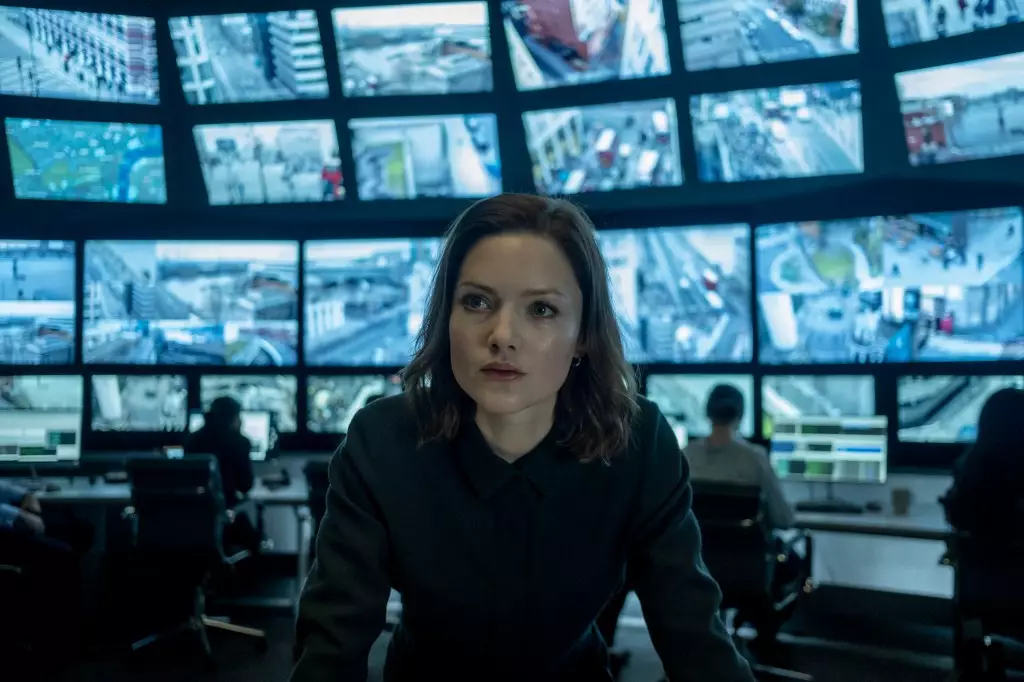With the buzz surrounding the return of BBC’s “The Capture” for its third season, anticipation is palpable among its loyal fanbase. Building on a story that confronts the impressive capabilities and moral dilemmas of surveillance technology, this series has effortlessly managed to merge compelling narrative with timely real-world issues. Season 3 picks up a year after the monumental fallout from Rachel Carey’s (Holliday Grainger) sensational live deepfake presentation of a government minister, which laid bare the clandestine workings of the UK’s intelligence service. The series takes viewers on another rollercoaster ride, examining the implications of advanced surveillance while peeling back layers of institutional trust—an issue ever more critical in today’s world.
Character Evolution and New Dynamics
Rachel Carey’s ascension to the acting head of SO15 is a natural progression that highlights her character’s evolution throughout the show. Known for her relentless pursuit of truth, Carey now faces the daunting task of rebuilding public trust in surveillance technologies—a mission complicated by an ongoing inquiry into the ethical use of the so-called Correction program. This shift not only escalates tension but also prompts viewers to question the morality of surveillance in safeguarding society. Moreover, the introduction of new characters such as Killian Scott’s addition heightens the intrigue, suggesting complex interplays among agency personnel that will certainly keep audiences guessing.
Thematic Resonance and Societal Reflections
The themes encapsulated within “The Capture” resonate deeply within the contemporary socio-political climate, particularly as discussions around privacy, transparency, and digital manipulation grow increasingly urgent. As public trust in institutions wanes, the show cleverly serves as a mirror reflecting the conflicts between national security and individual rights. It is a narrative that defies simple categorization by forcing viewers to engage with uncomfortable truths about government overreach and the potentially corrosive effects of modern technology on democracy and civil liberties.
Visual and Narrative Sophistication
Helmed by directors Anthony Philipson and Johnny Allan, the new season promises to extend the show’s visual prowess with a cinematic quality that is both engaging and artistically fulfilling. The handling of suspense and drama in previous seasons has already set a high bar, and expectations soar for a visually sophisticated and narratively intricate third season. According to Lindsay Salt, Director of BBC Drama, viewers can expect “scripts that will dazzle and terrify you in equal measure,” encapsulating the delicate balance that “The Capture” maintains between being a gripping thriller and a thought-provoking commentary on the state of modern society.
As the series continues to thrill with its thrilling escapades and dark explorations of technology and ethics, viewers will undoubtedly find themselves questioning their own views on the intersection of surveillance and privacy. Overall, Season 3 of “The Capture” marks an important chapter that promises to leave a lasting mark on its audience while challenging them to rethink their relationship with the realities of surveillance in contemporary society.

